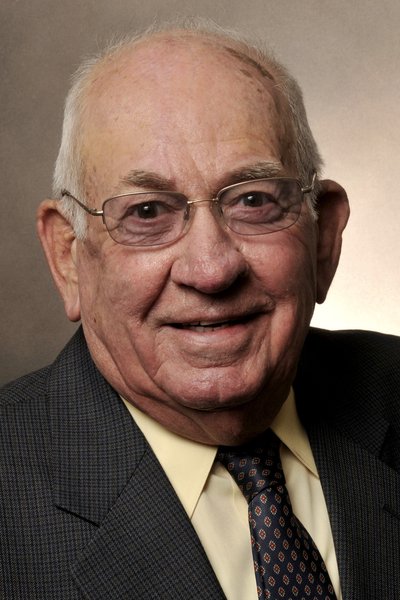
Class XXV
Dr. Lionel Barton
Throughout his career and following retirement, Dr. Lionel Barton has worked unceasingly to improve the lives of poultry farmers and address the needs of the poultry industry in Arkansas. He has a special ability to relate his scientific knowledge into lay terms that producers can understand and apply to their operations. His valuable guidance and expertise played a critical role in developing the poultry industry into the largest sector of Arkansas’ agricultural economy. During a career which spanned 28 years as a Cooperative Extension Service Poultry Specialist, Barton developed and implemented a comprehensive poultry education program ranging from 4-H to international assistance. He worked with integrated poultry companies and producers to improve performance in areas of nutrition, management, housing and disease control. Barton was instrumental in developing and implementing plans for the Center of Excellence for Poultry Science at the University of Arkansas. Additionally, he served as project leader for a significant grant from the Arkansas Energy Office for development and operation of the Extension Broiler Energy Verification unit where research is conducted in four, commercial-scale broiler houses. He took a leading role in developing feed formulation using micro-computers and used Linear Programming in developing poultry, beef, swine and dairy rations. Barton has remained active following retirement as an Emeritus Professor in the Center of Excellence and served as the first president of the UA’s Poultry Science Alumni Association. He is known internationally for his expertise and in 1984 Barton conducted poultry seminars in China. For 13 years he conducted the National Collegiate Poultry judging contest hosted by the University of Arkansas and continues to remain involved in student recruitment through 4-H poultry judging and barbecue contests. Barton’s career came at a time when academic scientists were increasingly required to interact with stakeholders as the industry experienced significant growth in the 1970s and 80s. His efforts continue to strengthen programs at the University of Arkansas, making it one of the premier poultry science programs in the nation.
